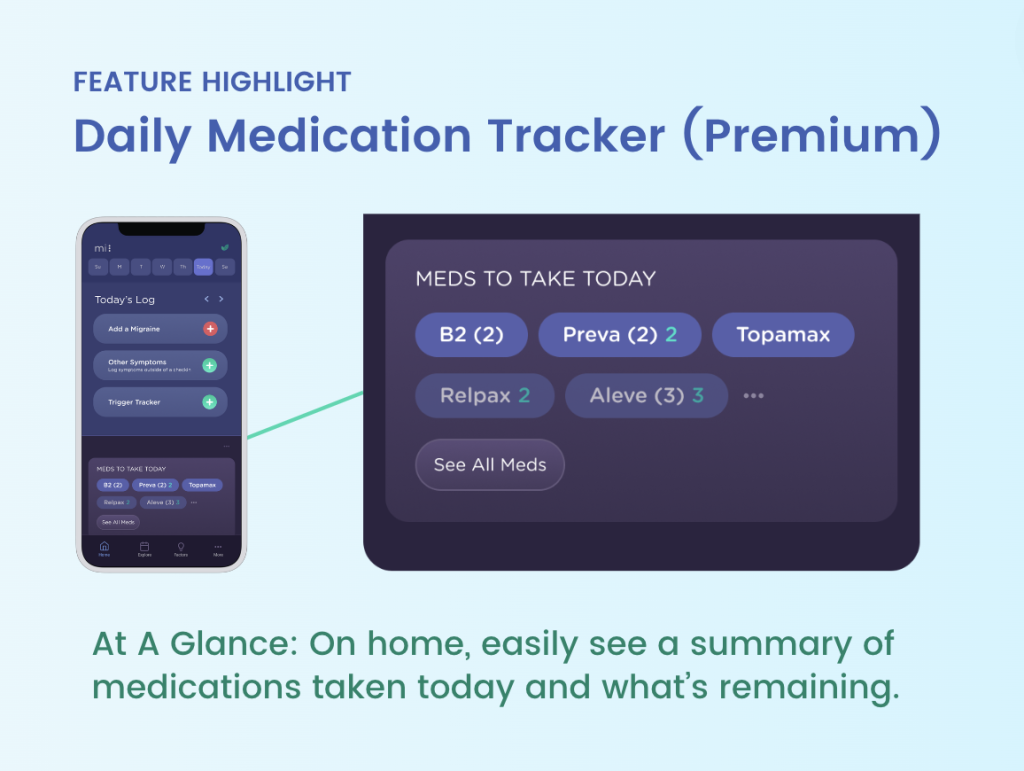
Medication Series: Preventative Meds
Medication can be a valuable tool in preventing and reducing the frequency and severity of migraine attacks.
Top Tip: Finding the right preventative medication for migraines can be a journey.
Don’t get discouraged if the first option doesn’t work. Many people find relief through different treatments.
For more insights and real-life experiences, tune into the Heads Up Podcast, episode 7 touches on preventative medications.
Why Use Preventative Medication?
Preventative medication aims to reduce the underlying brain activity that triggers migraines. It’s often recommended for people who experience:
- Frequent migraines
- Severe migraines that significantly impact daily life
- Persistent aura symptoms
- Medication overuse headache
Types of Preventative Medication
Many medications used for migraine prevention were originally developed to treat other conditions. Common options include:
- Beta-blockers: Often used for high blood pressure, they can also help prevent migraines.
- Antidepressants: Certain antidepressants, like amitriptyline and nortriptyline, are effective for migraine prevention.
- Anticonvulsants: Medications like topiramate and valproic acid can help reduce migraine frequency.
- Calcium channel blockers: These can be beneficial for some people.
- CGRP inhibitors: Newer medications specifically designed to prevent migraines.
Remember to Consider the Following:
- Side effects: All medications have potential side effects. It’s essential to weigh the benefits against the risks.
- Start low, go slow: Begin with a low dose and gradually increase it as needed.
- Patience is key: It may take several weeks or even months to see the full benefits of preventative medication.
- Individualized treatment: What works for one person may not work for another. It’s important to find the right medication and dosage for you.
- Stopping medication: Once your migraines are under control, you may be able to gradually reduce and stop the medication. However, it’s essential to discuss this with your doctor.







